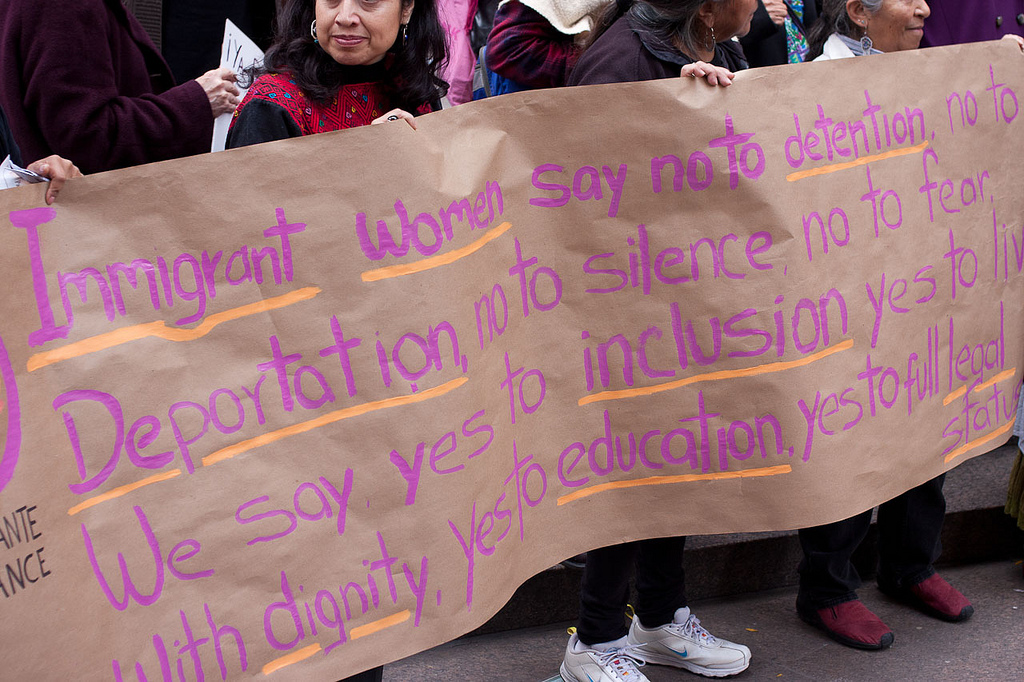The North Carolina Department of Health and Human Services (DHHS) recently hired an anti-abortion activist as a senior policy advisor. The hiring comes at a time when the agency is rewriting state rules regarding access to abortion.

Margaret “Mardy” Peal, who has been away from the health policy field for more than a decade, previously served on the board of the anti-abortion Carolina Pregnancy Center, which emphasizes Christian scripture and abstinence. She was an early organizer for the conservative Eastern North Carolina Tea Party, and she contributed over $1,000 to current Republican Governor Pat McCrory’s 2012 campaign. In the past, she has been highly critical of government spending on Medicaid, which is one of the programs that she will oversee.
This hire is the latest in a string of politically charged hiring decisions at the agency, reports the News Observer. Earlier this year, DHHS Secretary Aldona Wos hired a woman to be director of North Carolina’s pre-kindergarten and child-care subsidy programs although she had previously led an organization that opposed formal pre-K programs. The woman eventually withdrew after public outcry.
On Wednesday, North Carolina Governor Pat McCrory gave his full support to Wos and suggested that he would not intervene in the decision to hire Peal. “I’m not going to get distracted into the detailed operations which my secretaries are responsible for making those hires.”
Media Resources: News Observer 9/18/2013; San Francisco Chronicle 9/18/2013
This post was originally published on the Feminist Newswire. If you’d like, you can subscribe to the Feminist News digest for a weekly recap of our newswire stories.







































